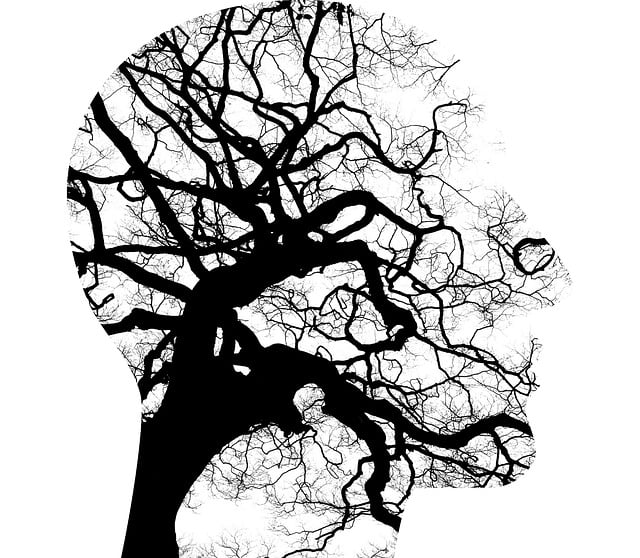Understanding RFM (Resilience, Flexibility, Mastery) is key in mental health therapy for children, focusing on building skills to navigate challenges and manage emotions. Creating a dedicated, calm space at home for exercises like mindfulness meditation enhances focus and security, empowering kids to cope positively with stress. Parenting skills training, combined with cultural competency for healthcare providers, offers tailored emotional healing processes that resonate with each family's background, fostering understanding and connection. This holistic approach significantly contributes to children's mental health and builds resilience from a young age.
“Unleashing resilience in children is an essential aspect of their overall well-being, especially in navigating today’s challenges. This article explores the powerful tool of RFM (Resilience, Flexibility, and Mastery) and its impact on fostering young minds’ adaptability. We delve into strategies for parents to create a supportive environment at home, implementing resilience-building exercises that promote healthy coping mechanisms. Additionally, we highlight the critical role of parenting skills in enhancing children’s ability to thrive and overcome adversity, offering valuable insights for effective therapy and nurturing.”
- Understanding RFM and Its Impact on Children's Resilience
- Creating a Safe Space for Practice: Resilience-Building Exercises at Home
- The Role of Parenting Skills in Enhancing Children's Coping Mechanisms
Understanding RFM and Its Impact on Children's Resilience

Understanding RFM (Resilience, Flexibility, and Mastery) is crucial in fostering resilience in children. This concept focuses on equipping young individuals with the ability to navigate challenges, adapt to change, and take control of their emotional and behavioral responses. By integrating RFM into therapy for children, mental health professionals can enhance parenting skills and provide a robust foundation for a child’s overall well-being.
In the context of risk management planning for mental health professionals, promoting resilience is an essential aspect of trauma support services. Mindfulness meditation techniques are often incorporated to enhance flexibility and mastery. This holistic approach not only empowers children but also equips them with valuable coping strategies that can positively impact their lives, especially when faced with stressful situations or adverse experiences.
Creating a Safe Space for Practice: Resilience-Building Exercises at Home

Creating a safe space for practice is essential when introducing resilience-building exercises at home. This can significantly impact a child’s ability to learn and implement these skills, especially when it comes to therapy for children. A calm and designated area, free from distractions, allows for focused attention and fosters a sense of security. Incorporating this into daily routines can help parents enhance their parenting skills and teach their children valuable mind over matter principles.
By setting aside specific time slots for these exercises, such as mindful breathing or positive thinking activities, you create a consistent environment for stress management. This routine not only benefits the child’s mental health but also encourages them to view challenges as opportunities for growth, building resilience from an early age.
The Role of Parenting Skills in Enhancing Children's Coping Mechanisms

Parenting skills play a pivotal role in enhancing children’s coping mechanisms and resilience, especially when incorporated into therapy for children. Effective parenting involves teaching young minds emotional regulation strategies that can significantly reduce the impact of stress, anxiety, and even depression prevention. By fostering open communication and providing a safe space, parents can help children process their emotions healthily. This foundation is crucial for building mental toughness and adaptability, enabling kids to navigate life’s challenges with greater ease.
Incorporating cultural competency training for healthcare providers is also essential, as it ensures that parenting skills are taught and understood within the context of each family’s unique background. Emotional healing processes can be tailored to address specific cultural needs, making them more effective and relevant. This holistic approach to therapy not only empowers parents but also fosters a sense of understanding and connection between families and healthcare providers.
Resilience is a vital skill for children to navigate life’s challenges, and RFM (Risk, Fault, and Motivation) analysis offers a powerful framework. By understanding their unique RFM profiles, parents can tailor resilience-building exercises at home, fostering safe spaces for practice. This approach complements therapy for children, enhancing coping mechanisms through improved parenting skills. Through consistent application, these strategies empower kids to embrace adversity and thrive.














